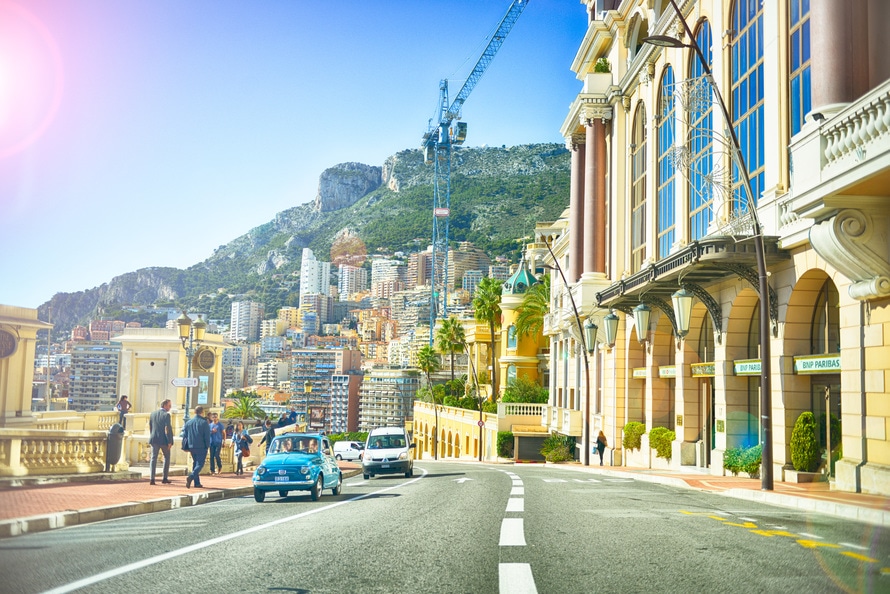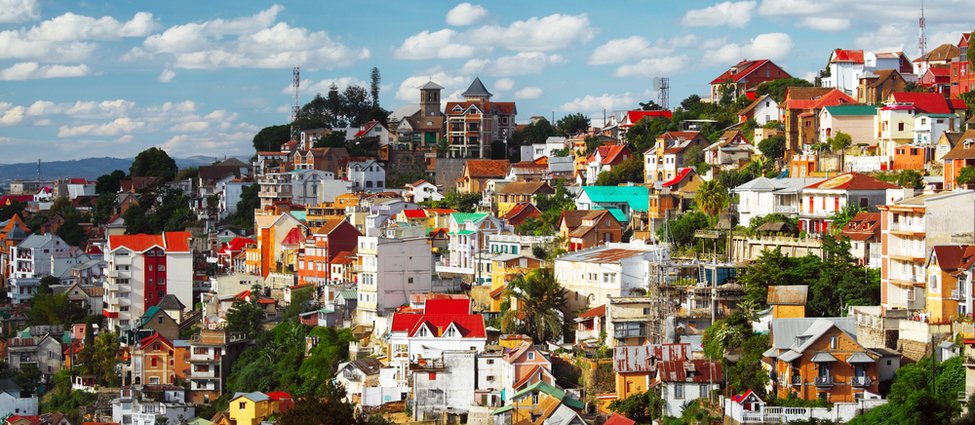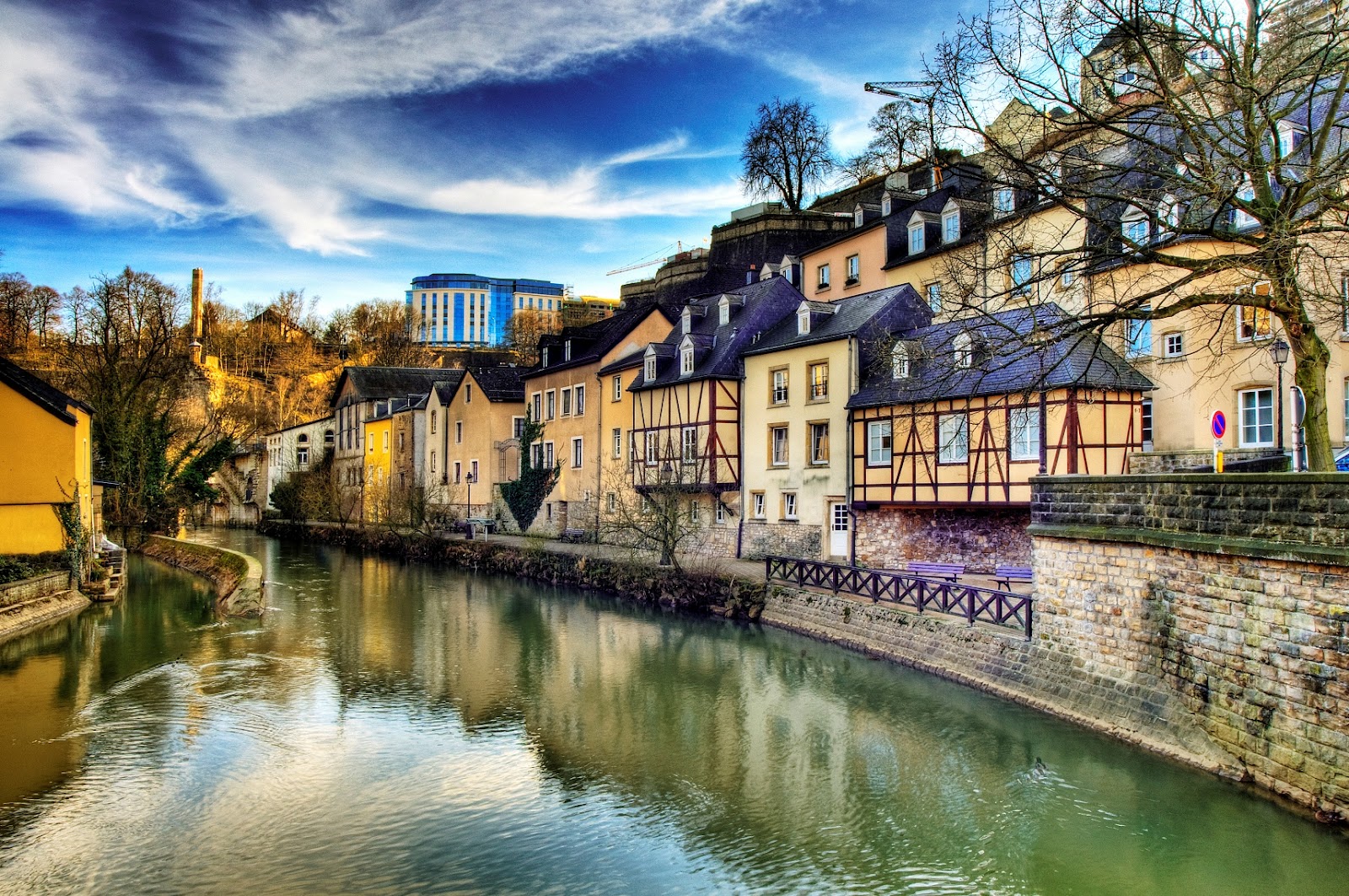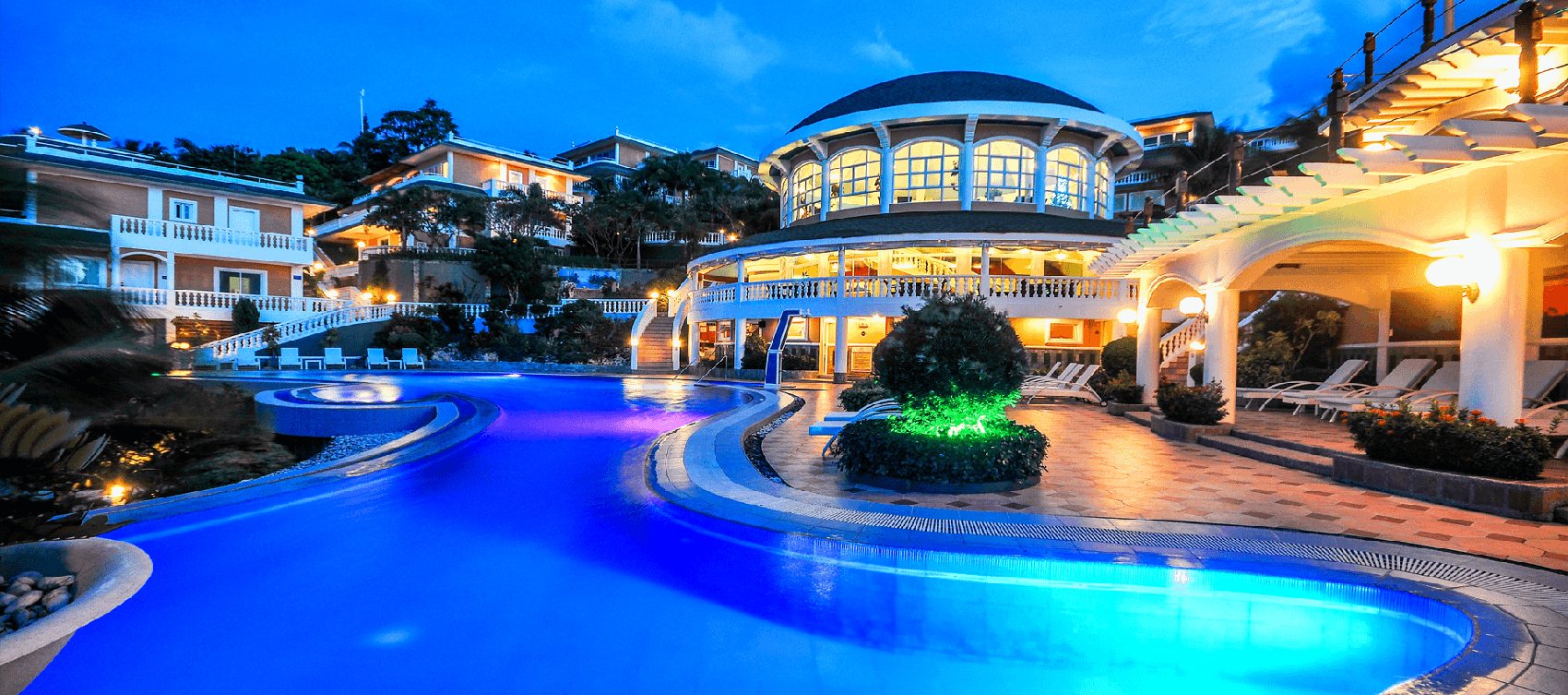Why Hotels Are the True Measure of a City's 'Bourgeoisie Count'

(New York, 1930)
The tale is told (but not often) of a hotel keeper in the delightful city of New York who once made this remark about hotels and the services which might be associated with them:
good hotels for good people,
plain hotels for plain people,
and some bum hotels for bums."
It is hardly news that hotels can be graded in several ways, all of them explicitly catering to specific social classes. One might even say that your progress on the ladder, if you are a travelling man, might be measured by the 'quality' of accommodations you patronize as your ambitions get increasingly met.
In San Francisco, for example, hotels are (roughly) categorized into palace hotels, midpriced hotels, rooming houses, and cheap lodging houses, each category sharply separated from the other and attracting people in corresponding social castes within the system.
Does this peculiarity lie only with America? Can we extrapolate along these lines and plot the lines between the rich and the poor in any society? Are hotels a symptom of social demarcation, spouting around corners like brick-and-mortar geotags, delineating the wealthy from the pretenders from the downright dirt-poor? A very interesting city to conduct this experiment with would be Lagos, in the very fascinating country of Nigeria, in the African continent.
Lagos, a throbbing vein of blue and grey blood
Lagos is no stranger to the stark, often literal, line demarcating the rich from the poor. The late Nobel Laureate Chinua Achebe once wrote of two cities in Lagos: "...Obi Okonkwo...was struck again by these two cities in one. It always reminded him of twin kernels separated by a thin wall in a palm-nut shell. Sometimes one kernel was shiny-black and alive, the other powdery-white and dead." (No Longer at Ease, 1987).
While that excerpt does not particularly define the divide, the photo below (tweeted by Gossy Ukanwoke of the Beni American University) does:
Where two worlds collide - Lekki, Lagos. #wealth #slum #lagos #nigeria pic.twitter.com/V60Q3ALOOp
— Gossy Ukanwoke (@gossyomega) August 19, 2016
The state might have been usurped by Abuja as the 'capital city' of Nigeria, but it remains its vibrant commercial center. It is divided into two halves: the island, and the mainland, with the island vaguely understood to be the more opulent section of existence.
A quick, non-exhaustive study of Lagos' luxury hotels will show that many of them dot the aforementioned island and the highbrow areas in Ikeja.
There is conversation and dissent about the characteristics of the middle class in Nigeria.

According to Wikipedia, the telltale signs of the 'middle class' are an affinity for pop culture, the acquiring of tertiary education, the pursuit of professional employment and the tendency to favor that have some form of 'security':
- Achievement of tertiary education.
- Holding professional qualifications, including academics, lawyers, chartered engineers, politicians, and doctors, regardless of leisure or wealth.
- Belief in bourgeois values, such as high rates of house ownership, delayed gratification, and jobs which are perceived to be secure.
- Lifestyle. In the United Kingdom, social status has historically been linked less directly to wealth than in the United States,[6] and has also been judged by signifiers such as accent (Received Pronunciation and U and non-U English), manners, place of education (Public school (United Kingdom), occupation, and the class of a person's family, circle of friends and acquaintances.
- Cultural identification. Often in the United States, the middle class are the most eager participants in pop culture whereas the reverse is true in Britain. The second generation of new immigrants will often enthusiastically forsake their traditional folk culture as a sign of having arrived in the middle class.
The distribution of bourgeoisie hotels around Lagos coincides seamlessly with the hunting ground of Nigeria's middle class citizens, its bourgeoisie, and the Radisson Blu's and Sheraton hotels may be considered to be beacons pointing out the wealth distribution map across the commercial capital of Nigeria.
What is left, naturally, is the lower class and the upper class.
If, however, we use that term for its strictly Marxist background, then when we are done with this map of the Middle, all that we have left is the lower class.


